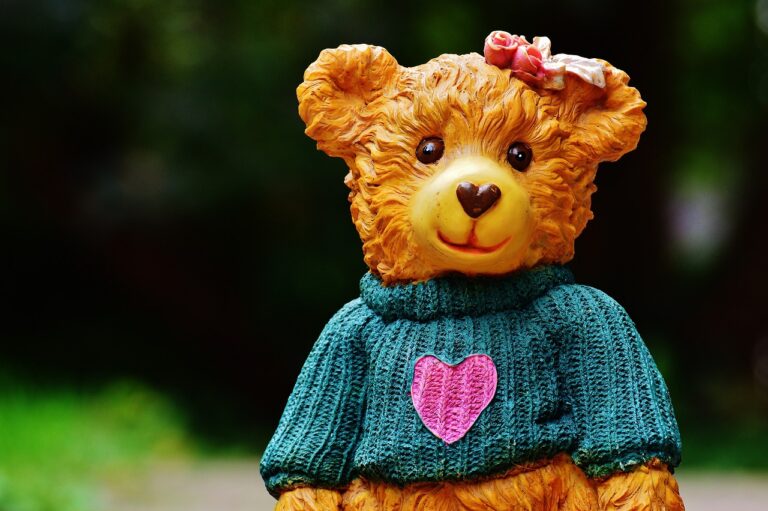Cultural Appropriation in Entertainment: Navigating Sensitive Topics
Cultural appropriation refers to the adoption of elements of one culture by members of another culture. This often involves taking aspects of a marginalized or oppressed culture without understanding or respecting its significance. It can manifest in various forms such as clothing, music, art, or rituals.
The debate surrounding cultural appropriation centers on power dynamics, colonial history, and the implications of dominant groups profiting or benefiting from the cultural expressions of marginalized communities. While cultural exchange and appreciation can be positive, appropriation becomes problematic when it leads to exploitation, misrepresentation, or the erasure of the original cultural context.
• Cultural appropriation involves the adoption of elements from one culture by members of another culture
• It often occurs without understanding or respecting the significance of those elements
• Manifestations can include clothing, music, art, or rituals
• The debate on cultural appropriation focuses on power dynamics and colonial history
• Dominant groups benefiting from marginalized communities’ cultural expressions is a key issue
• Cultural exchange and appreciation are positive but appropriation becomes problematic when it leads to exploitation or misrepresentation
Understanding Cultural Appropriation
Cultural appropriation refers to the act of taking elements from a cultural group that is not one’s own and using them in a way that can be seen as disrespectful, insensitive, or exploitative. This can include aspects like fashion, music, art, symbols, rituals, language, and even hairstyles. It often involves a power dynamic where the culture being appropriated is marginalized or oppressed.
At its core, cultural appropriation involves a lack of understanding and recognition of the significance and history behind the elements being borrowed. It can lead to the erasure of the original meaning or context of these cultural elements and perpetuate harmful stereotypes. It is important to consider the impact of cultural appropriation and strive for cultural appreciation, which involves respecting and honoring cultures in a way that is authentic and ethical.
Examples of Cultural Appropriation in Entertainment
In the realm of entertainment, instances of cultural appropriation are unfortunately quite prevalent. One such case involved a famous singer who incorporated Native American headdresses in her concert performances. These headdresses hold deep spiritual significance in Native American culture, and their casual use by the singer for aesthetic purposes was seen as disrespectful and insensitive.
Similarly, there have been controversies surrounding the use of traditional clothing and accessories from various cultures without proper acknowledgment or understanding of their significance. In one well-known film production, actors were seen wearing attire inspired by a particular culture without any authentic representation or acknowledgment of the community from which these designs originated. This lack of cultural sensitivity can perpetuate harmful stereotypes and diminish the significance of these cultural traditions.
What is cultural appropriation?
Cultural appropriation is the adoption of elements of one culture by members of a different cultural group, typically a dominant culture appropriating from a marginalized culture.
Can you provide some examples of cultural appropriation in entertainment?
Sure, some examples include non-Asian actors playing Asian characters in movies, celebrities wearing Native American headdresses as fashion statements, and artists using sacred symbols or rituals from a culture they do not belong to in their performances.
Why is cultural appropriation in entertainment harmful?
Cultural appropriation in entertainment can perpetuate harmful stereotypes, trivialize sacred cultural practices, and contribute to the erasure of marginalized cultures.
How can we avoid cultural appropriation in entertainment?
One way to avoid cultural appropriation is to educate oneself on the cultural significance of the elements being used, give credit to the originators of those elements, and consult with members of the culture being depicted to ensure respectful and accurate representation.







